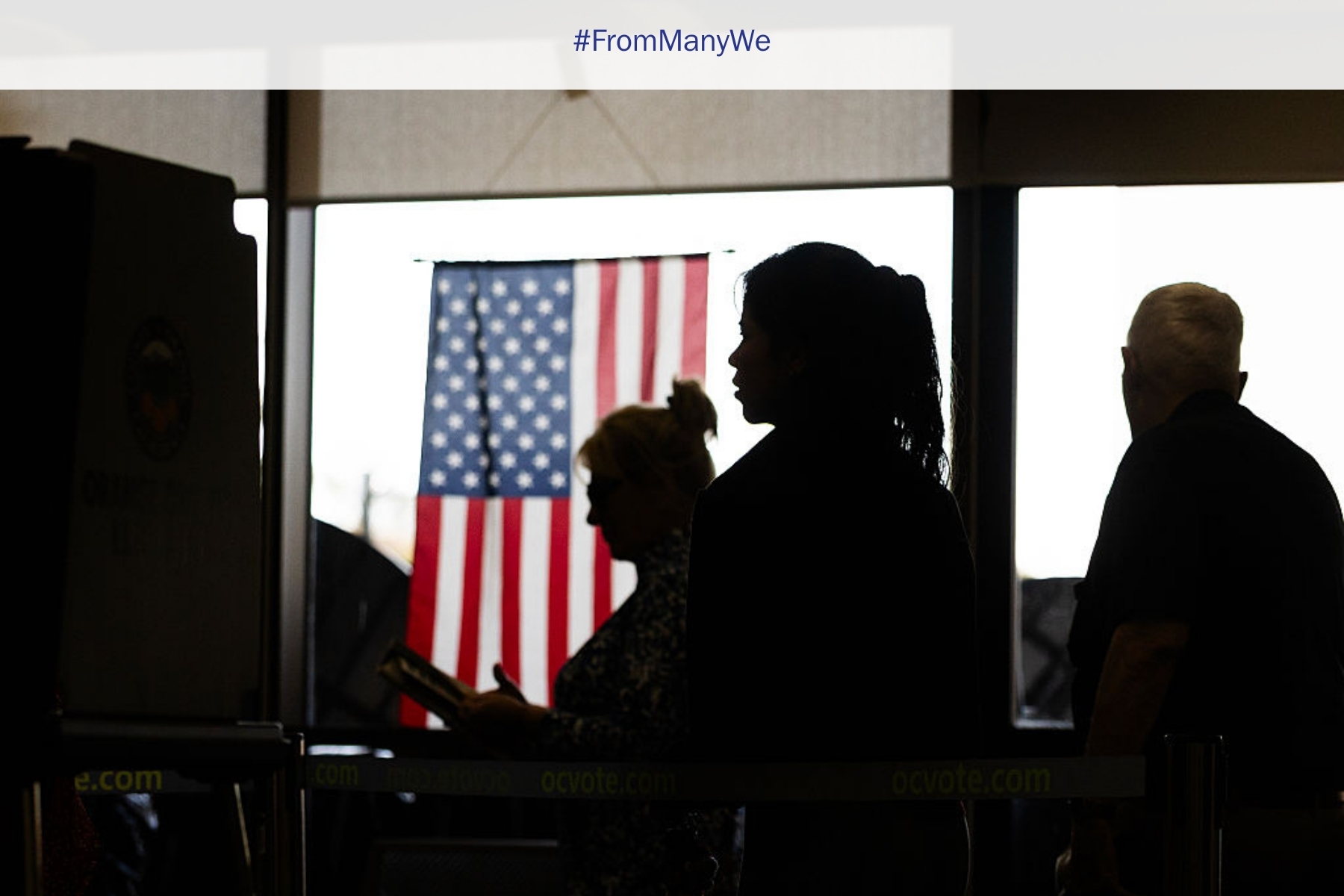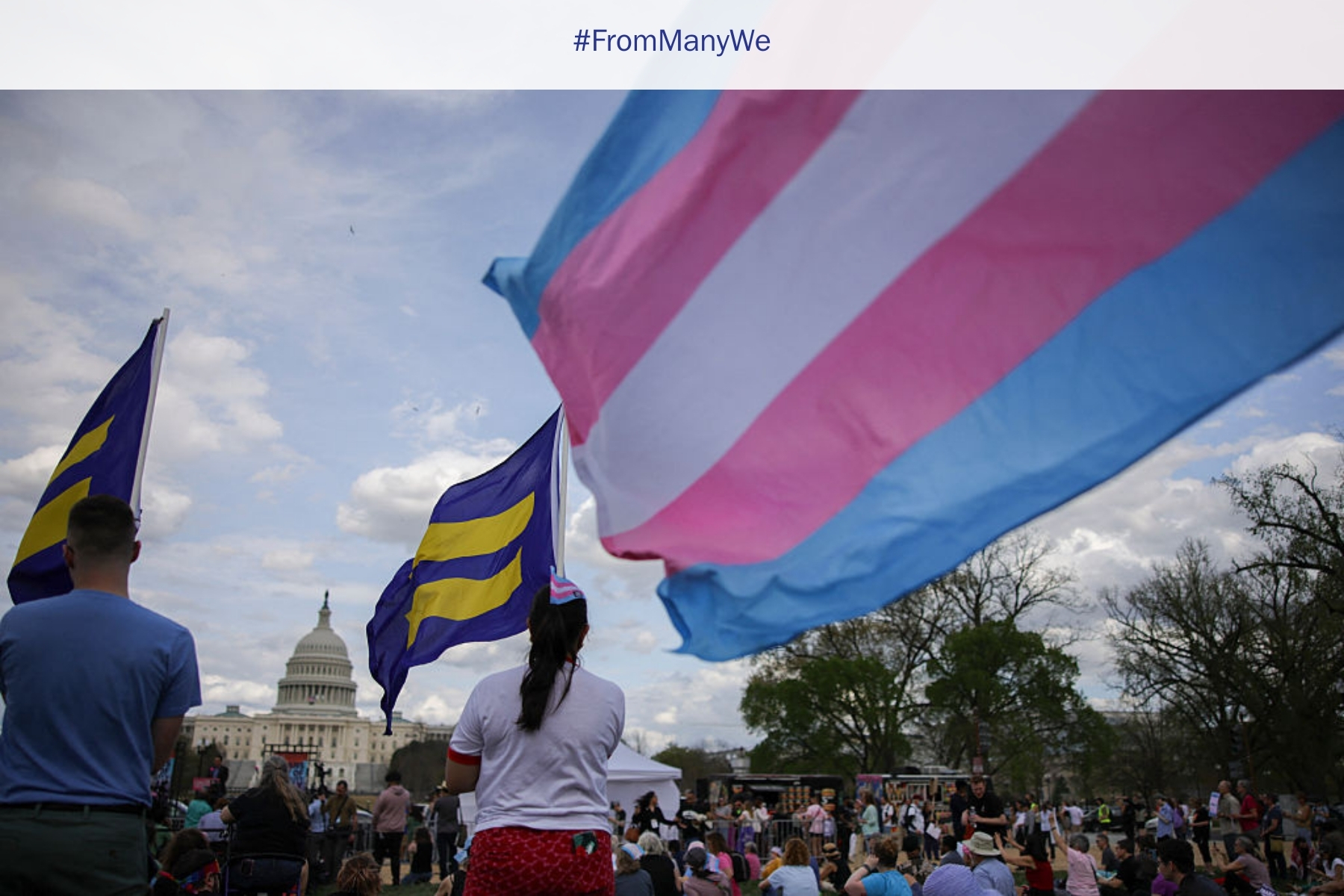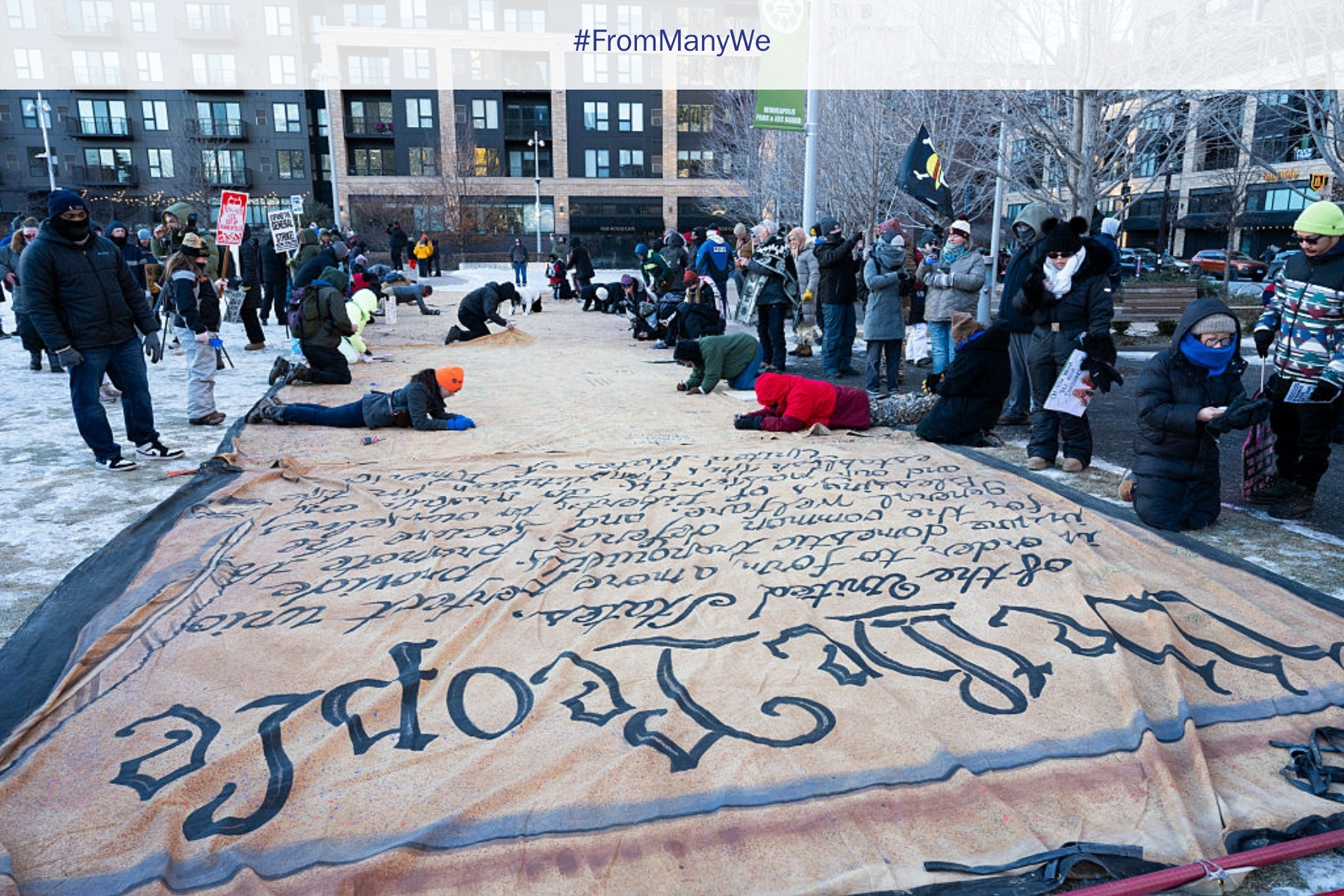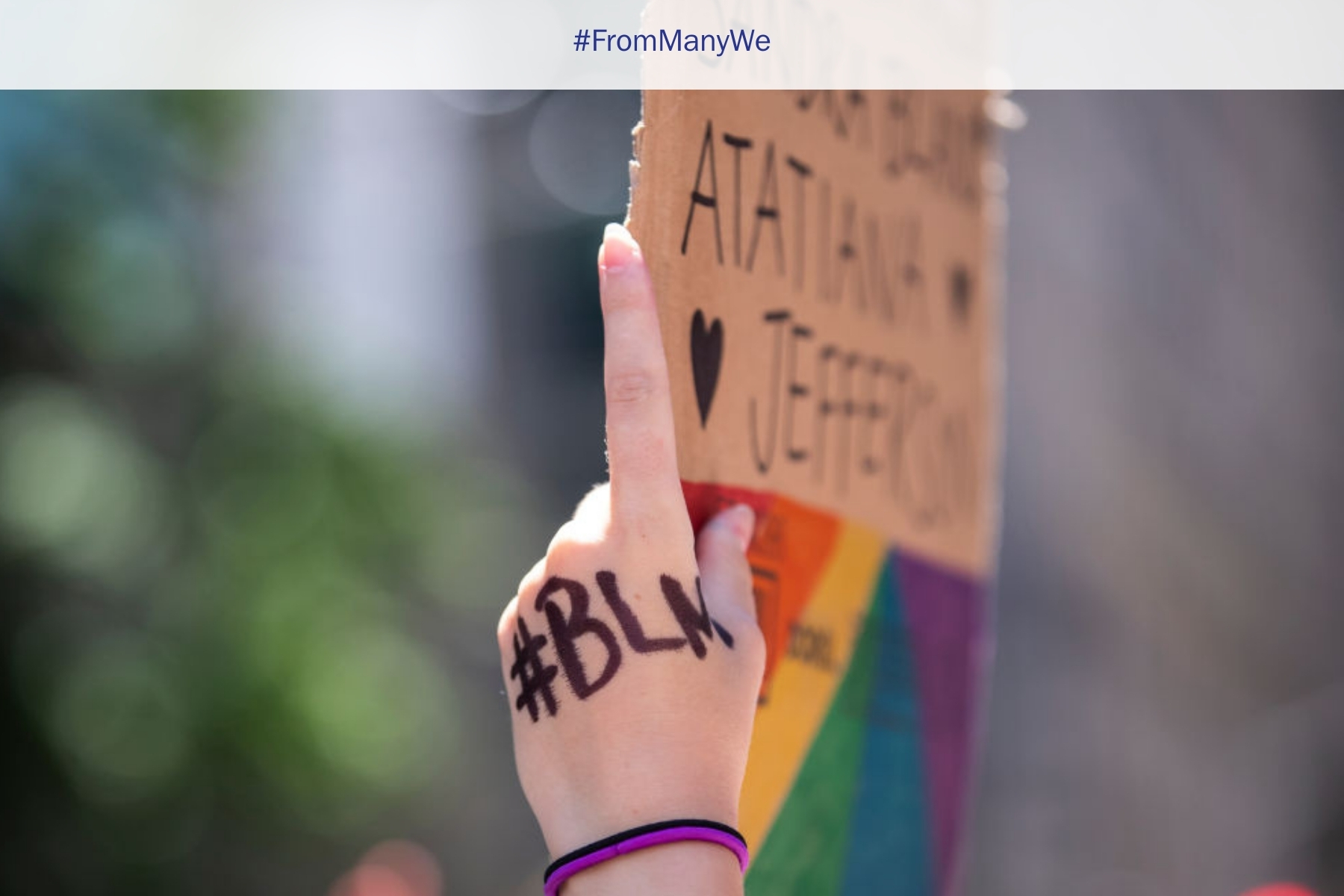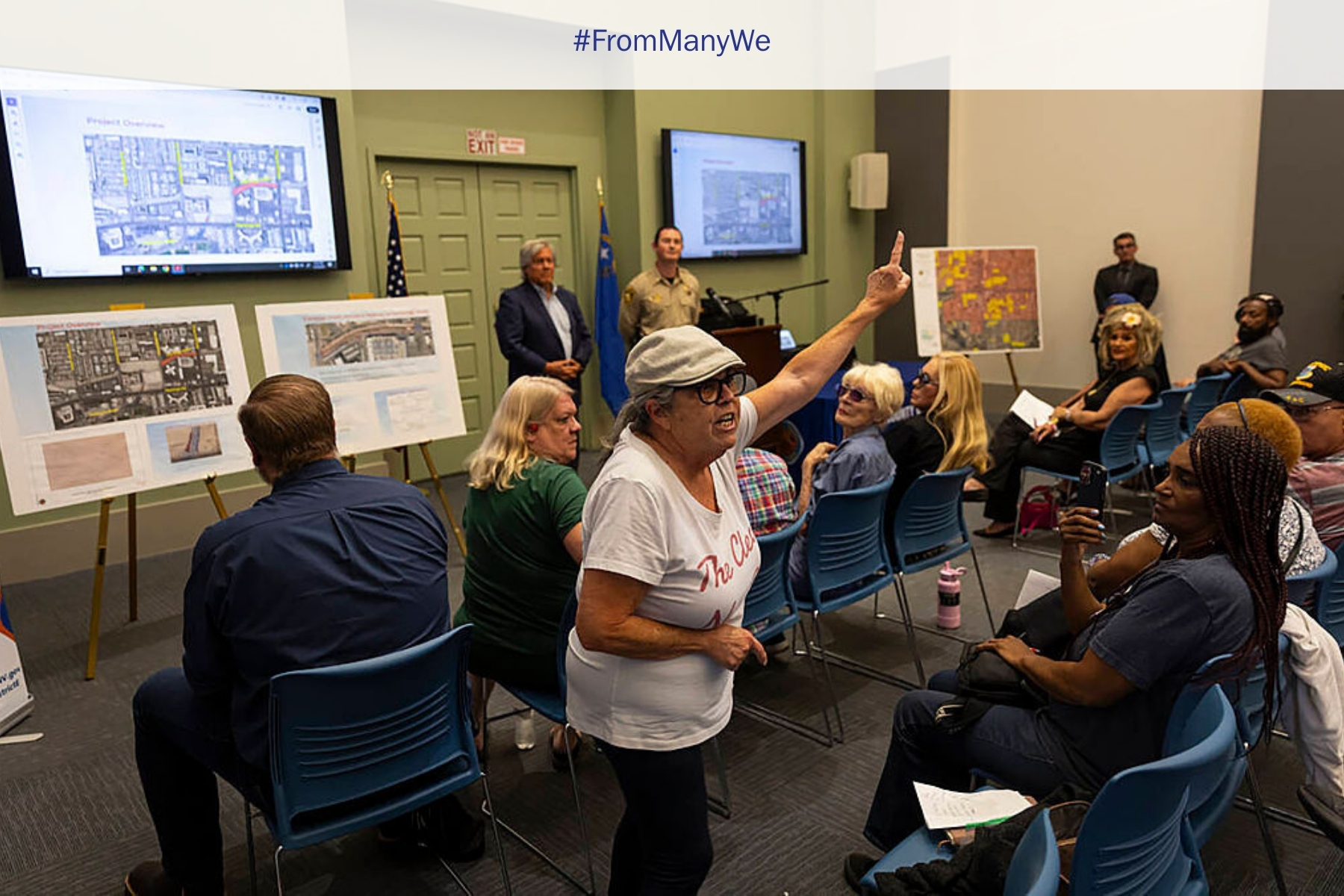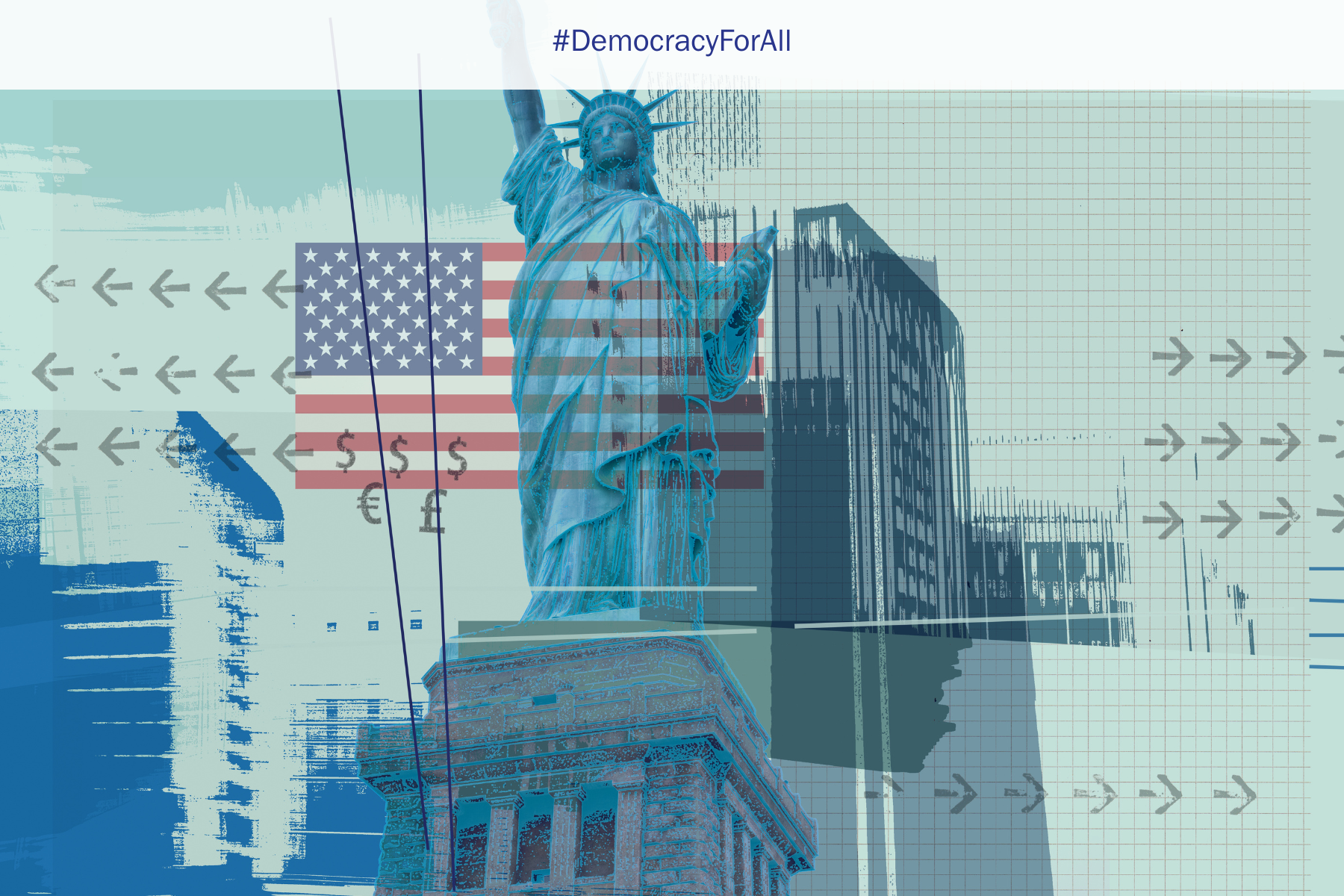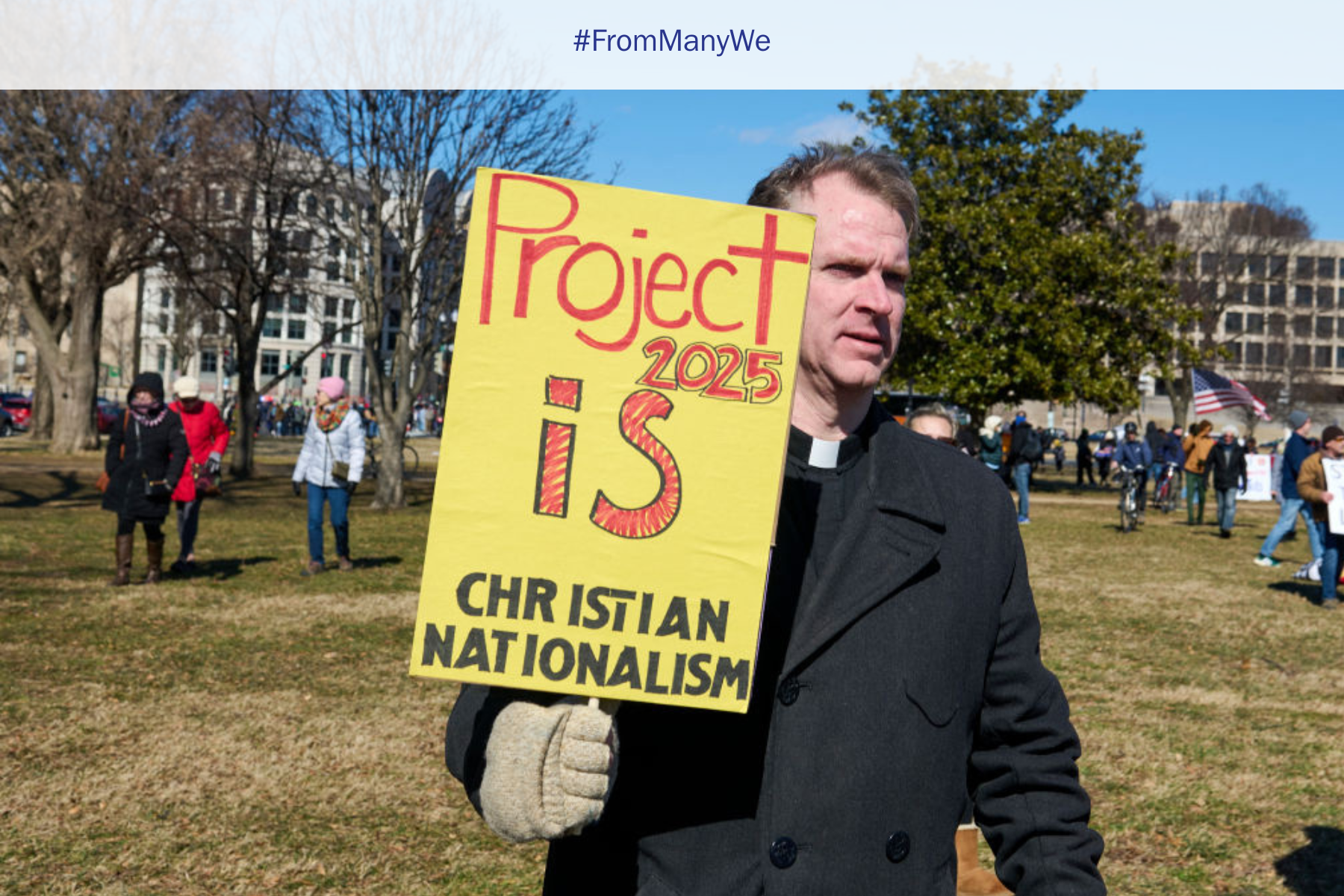Threats to Democracy Go Beyond Polarization and Mistrust

In recent years, a growing consensus suggests democracy in the United States is now under threat or in danger. What are the threats and how do we understand them? These questions have become timely for the Charles F. Kettering Foundation as we assess our work in the context of democracy today. Rather than a general malaise or decline, we are, in fact, confronted with a distinct antidemocratic movement that demands specific strategies.
Beginning in the 1980s, a civic-engagement field emerged that was based on a key insight shared by the Kettering Foundation and others: Many technical problems are embedded in larger, complex social and political problems. From poverty and education to health care and climate change, the people working in this nascent field believed we were critically lacking in the political will necessary to come together and confront our challenges. The “problems of democracy” included declining confidence in government and divisions within the citizenry, which led to a shift in focus on “civic” rather than technical innovation. On a personal level, this focus on the general and the long term appealed to my own biases as a political theorist trained to think in the big picture.
The long-term trends affecting democracy have no doubt continued. While declining confidence in government and a divided citizenry contribute to our current crisis, something new and different is happening. In addition to the general, long-term trends, we can now recognize a growing threat with at least three important elements.
- We are seeing a new antidemocratic movement toward extremism and authoritarianism. While the conventional narrative of long-term decline in confidence in government remains true, this understates the problem. We are now seeing a willingness to set aside fundamental democratic norms to maintain power. This was again most vivid in the January 6th insurrection and a larger election denial movement following the 2020 election. This new authoritarianism is also evident in gerrymandering and voter suppression efforts, deliberate misinformation campaigns, and efforts to ban “critical race theory” from public schools and higher education, all of which prioritize partisan agendas over fundamental democratic norms and institutions.Similarly, the diagnosis of partisan polarization remains true but again understates the problem. Seeking to explain differences beyond policy disagreements, scholars have begun to use the term affective polarization to describe feelings of actual animosity toward opposing groups. Further still, there is heightened support for political violence along with evolving conditions conducive to political violence. Some analysts have noted similarities between the current environment and the early stages of civil wars.
- This antidemocratic movement emanates from the far right. While the long-term trends of declining confidence in government and ordinary polarization continue across partisan lines, the antidemocratic movement emanates distinctly from the right and in particular its more extreme factions. According to a recent survey, the American GOP is currently among the most extreme globally when it comes to authoritarianism and minority rights. The right uses social media to engage in strategic disinformation and disseminates conspiracy theories more so than the left. And, despite close elections in 2000 and 2016, only the 2020 election was openly denied. This does not mean that conservatism is inherently authoritarian, only that the democratic malaise is not symmetrical across the political spectrum. Assuming they are equal obscures the real nature of the threat and may imply solutions that are not directly relevant to the actual problem.
- Finally, this antidemocratic movement has racial undertones. Racial resentment has been foundational to far-right groups, and it appears to be increasingly driving changes in the Republican electorate. In addition to general polarization, an especially worrisome divide is growing between those who express racial resentment and those who support racial equality. As our society undergoes demographic change and diversifies, growing racial resentment poses a distinct threat to the future of our multiracial, multiethnic democracy.
If the civic-engagement field is serious about confronting the acute threats to our democracy, it must properly identify them. While long-term, general trends are important to context, effective solutions demand attention to the acute threats before us. This means recognizing distinct antidemocratic movements and their key elements. Ignoring such movements, or subsuming them within larger, more abstract trends, will only help them grow.
Derek W. M. Barker is a program officer at the Charles F. Kettering Foundation, a political theorist, and the lead editor of the foundation’s blog series From Many, We.
From Many, We is a Charles F. Kettering Foundation blog series that highlights the insights of thought leaders dedicated to the idea of inclusive democracy. Queries may be directed to fmw@kettering.org.
The views and opinions expressed by contributors to our digital communications are made independent of their affiliation with the Charles F. Kettering Foundation and without the foundation’s warranty of accuracy, authenticity, or completeness. Such statements do not reflect the views and opinions of the foundation which hereby disclaims liability to any party for direct, indirect, implied, punitive, special, incidental, or other consequential damages that may arise in connection with statements made by a contributor during their association with the foundation or independently.
